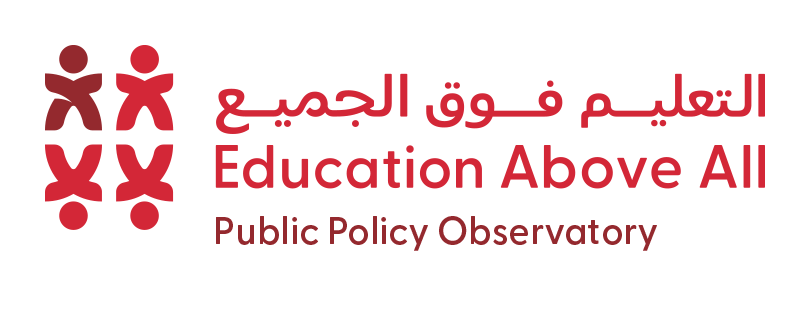Context and Issue
Improving data collection on attacks on education is vital for prevention and monitoring efforts. According to the Global Coalition to Protect Education from Attack (GCPEA) 2022 report, over 5,000 reported attacks on education and incidents of military use of schools and universities across 85 countries, affecting over 9,000 students and educators. On average, six attacks occurred daily in 2020 and 2021. However, data on the scale and impact of these attacks remain limited and fragmented, hindering effective response efforts. Comprehensive guidelines for data collection are needed to understand the nature and severity of attacks better and inform evidence-based decision-making for governments and their partners.
Solution
Expanding upon ongoing initiatives to gather information on attacks on education and the military utilization of educational institutions, such as those led by the UN, Global Education Cluster, and human rights organizations, the Toolkit for Collecting and Analyzing Data on Attacks on Education offers instructions to governments, civil society groups, UN entities, and humanitarian and development organizations. It aims to assist them in gathering and assessing data to gain a deeper insight into and tackle the extent and consequences of attacks on education.
The toolkit addresses the challenges related to attacks on education, emphasizing enhancing data collection, analysis, and reporting. It discusses existing data sources and efforts while offering instructions on collecting data regarding attacks on education. The toolkit includes indicators designed to systematically capture data on various aspects of attacks on education, facilitating trend analysis and pattern recognition. These indicators offer calculation methods, data disaggregation suggestions, and sources adaptable to organizational needs and capacities. Moreover, the toolkit provides a codebook containing definitions pertinent to attacks on education, instructions for data entry, and a data template in MS Excel format aligned with the indicators and codebook. Organisations or governments can use these resources directly to improve their data collection and analysis efforts, enhancing impact assessments of attacks on education.
Impact
A major achievement has been the initiation of improved coordination in gathering data on attacks on education through orientation sessions with various stakeholders across different contexts. These efforts aim to engage diverse state and non-state actors to strengthen evidence collection comprehensively.
In Nigeria, a session brought together ministries, international organizations, and civil society to map key stakeholders and emphasize coordination. In West and Central Africa, collaboration between Education in Emergencies and Child Protection in Emergencies resulted in a joint work plan. In Colombia, specific guidance addressed the inclusion of incidents like landmines and child recruitment along school routes, enhancing data collection efforts in conflict-affected areas.













